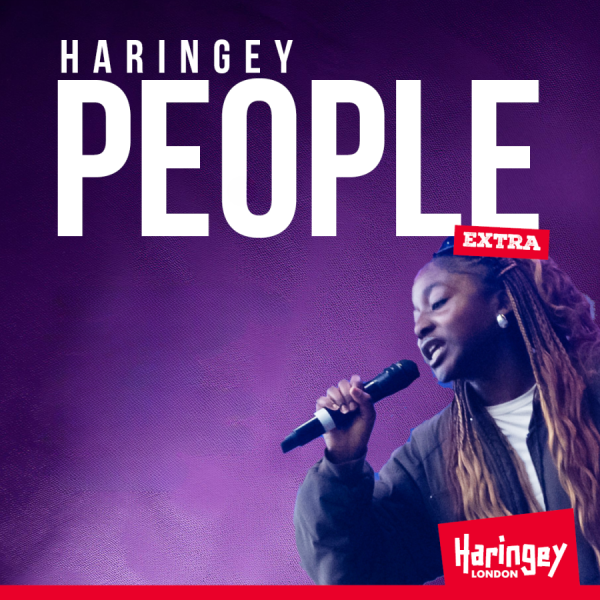Purpose
This policy outlines the guidelines for moderating content on our social media platforms to ensure a safe, respectful, and engaging community for all users.
Having a well-defined social media moderation policy is essential for:
- maintaining a positive online presence
- protecting the council, residents and its stakeholders
- fostering a positive environment and an engaged community
User guidelines
We encourage open and respectful dialogue.
To maintain a positive environment, we ask that all users adhere to the following guidelines:
- respect others – avoid hate speech, harassment, and personal attacks
- stay on topic – ensure your comments are relevant to the post
- no spam – refrain from posting repetitive, irrelevant, or promotional content
- protect privacy – do not share or ask others to share personal information about yourself or others
- no illegal content – do not post content that promotes illegal activities
Inappropriate content
The following types of content are considered inappropriate and will be removed.
Hate speech
Definition: any speech, gesture, conduct, writing, or display that may incite violence or prejudicial action against or by a particular individual or group, or because it disparages or intimidates a particular individual or group.
Examples: racial slurs, homophobic remarks, religious intolerance.
Harassment
Definition: repeated, unwanted, and often aggressive behaviour intended to intimidate, offend, or humiliate.
Examples: bullying, threats, stalking, doxing (publishing private information).
Spam
Definition: irrelevant or unsolicited messages sent over the internet, typically to a large number of users, for the purposes of advertising, phishing, spreading malware, etc.
Examples: mass advertising, fake accounts, repetitive comments.
Violence and threats
Definition: content that promotes or glorifies violence or makes threats of physical harm.
Examples: graphic violence, threats of harm, incitement to violence.
Misinformation
Definition: false or misleading information spread regardless of intent to deceive.
Examples: fake news, conspiracy theories, health misinformation.
Explicit content
Definition: content that is sexually explicit or pornographic.
Examples: nudity, sexual acts, explicit language.
Illegal activities
Definition: content that promotes or depicts illegal activities.
Examples: drug use, human trafficking, illegal sales.
Impersonation
Definition: pretending to be someone else, often to deceive or defraud.
Examples: fake profiles, identity theft.
Privacy violations
Definition: sharing personal information without consent.
Examples: posting someone’s address, phone number, or private messages.
Trolling
Definition: deliberately posting provocative, offensive, or off-topic messages to disrupt conversations.
Examples: insulting comments, off-topic remarks, inflammatory statements.
Misappropriation
Definition: promoting a business or service without permission.
Examples: posting content, sharing links, or engaging with followers in a way that benefits the unauthorised user's business or service.
Moderation process
Monitoring
Our Communications and Customer Service teams regularly monitor posts and comments to ensure compliance with our guidelines.
Reporting
Users can also report inappropriate content using the relevant platform’s reporting tools.
Action
Inappropriate content will be removed, and users may be warned, suspended, or blocked depending on the severity of the violation.
Enforcement
We reserve the right to remove any content that violates our guidelines and to block users who repeatedly or severely violate our policies.
The decision to remove posts or block users will be taken by the Director of Strategy, Communications and Collaboration, the Head of Communications or the Media and PR Manager/Strategic Communications and Campaigns Manager.
Updates
This policy may be updated periodically. Changes will be communicated through our social media channels and on our website. This policy was last reviewed in 2024.
